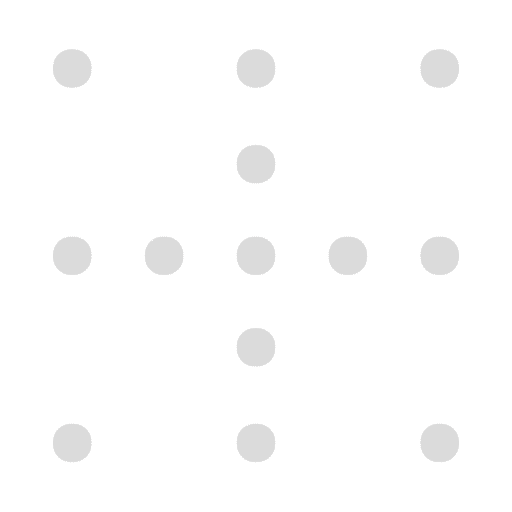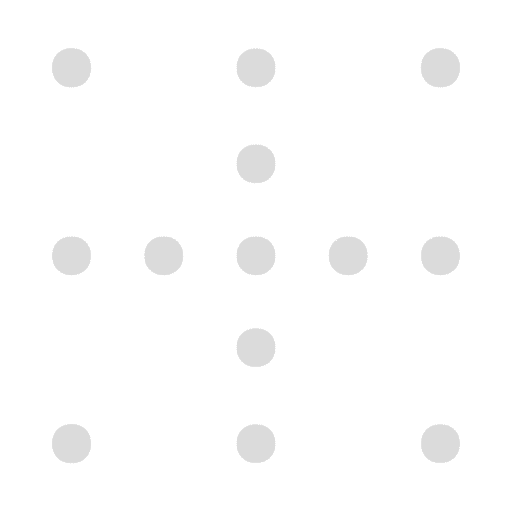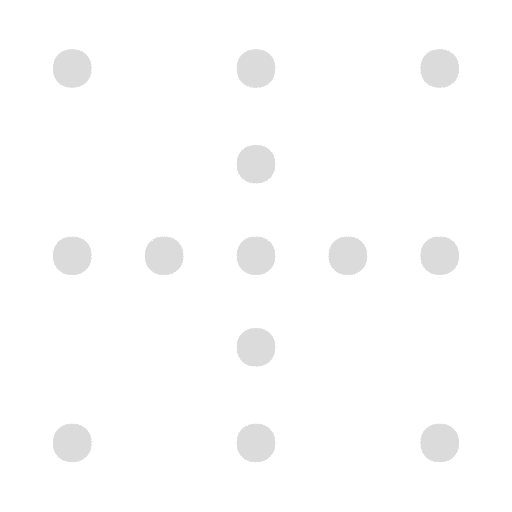
Healthcare institutions:
hospitals, medical
schools, surgical training centers
Employ MAGES SDK to create with a low-code toolkit your own, unlimited medical XR training simulation to strengthen your personnel training and achieve the best possible patient outcomes. Co-create with us your custom simulations with MAGES SIM. Lead the field by contacting world-class clinical trials based on our scientifically verified existing simulations in MAGES APP.
The example of aerospace and aviation, which is similar in regulatory complexity as the healthcare field, testifies to the unique benefits of simulation-based training. Pilots must undergo mandatory simulation training for several types of aircrafts from various aviation authorities worldwide and this has led to increased safety in aviation worldwide. Several mandates for simulation-based training have also been put forward in medicine, and it is only a matter of time till XR simulation education labs for training and competency assessment will be mandatory on a worldwide basis as well. Medical education will be significantly boosted via experiential learning, since learning by doing has proved to be much more effective than the traditional master-apprentice model and the “see one, do one, teach one” concept.
For the above transformation to be realized, it is important that healthcare institutions drive themselves the medical knowledge transformation via XR content curriculum simulators and continuous education of their professionals, for the immediate benefit of their patients with significant impact to humanity in general.
- Virtual Reality Simulation Facilitates Resident Training in Total Hip Arthroplasty: A Randomized Controlled Trial
- Effectiveness and Utility of Virtual Reality Simulation as an Educational Tool for Safe Performance of COVID-19 Diagnostics: Prospective, Randomized Pilot Trial
- Α Virtual Reality App for Physical and Cognitive Training of Older People With Mild Cognitive Impairment: Mixed Methods Feasibility Study
- Virtual reality medical training for Covid-19 swab testing and proper handling of personal protective equipment: development and usability
CASE STUDIES & TESTIMONIALS →
Med-Tech Companies
Covid-19 has forever accelerated advances in this field and elevated these spatial computing technologies from a mere “nice to have” to a “must have” for the roughly 3000 medical schools worldwide, the 8400 medical device companies and the 600 surgical training centers, that were all challenged by covid-19 lockdowns. The use of medical XR training is now a new reality and part of the “quiet revolution”, as termed in a recent Accenture industry report, where enterprise XR vastly out numbers consumer XR applications. Furthermore, healthcare professionals have now acknowledged that training simulators are the number one immediate application of VR/AR in healthcare.
However, the looming question is: ‘who is going to “VRify”(translate into VR) the 400+ basic medical procedures and their countless variations?’
These very basic medical procedures are constantly being updated and/or being extended. Furthermore, as medical device equipment for diagnostic or therapeutic procedures such as robotic surgery get updated, so to do the variations of these basic medical procedures thereby exponentially increasing the number of procedures requiring advanced and extensive training. For healthcare professionals, it’s a constant challenge to upskill / reskill following latest advances in the field as well as for the institutions to train enough of them to meet the increasing demand.


Content creators
MAGES SDK empowers you to create best-in-class medical XR simulations, 8 times faster, at 8 times less cost and thus enhance significantly your go2market strategy.
The question of who will finally meet the vast needs of “VRification” of medical training content, both in extensive depth as well as exhaustive breadth, remains unanswered. This problem is not just a “lack of VR content”, as many believe, but mainly a “lack of dedicated VR content authoring tools”, specifically for medical training. The excellent de facto 3D/XR content creation industrial standards of Unity and Unreal Engines act as the essential enabling technologies and general authoring platforms. However, their general-purpose coverage (from games to automotive, engineering, construction to simulation and film/broadcasting) requires highly skilled developer teams from various technological disciplines (computer graphics, deep learning, computer networking, human-computer-interaction, gamification, game development, UI/UX design, affective computing) coupled with teams of education, medicine, psychology professionals and ofcourse 3D artists/designers.
For the first time in this field and as a result of 20 years academic R&D, MAGES SDK offers a unique software development kit for creators of the next generation of medical XR training simulators by providing algorithmic solutions to major XR authoring bottlenecks that are only tackled currently by manual 3D design work in a predefined, constrained manner.
